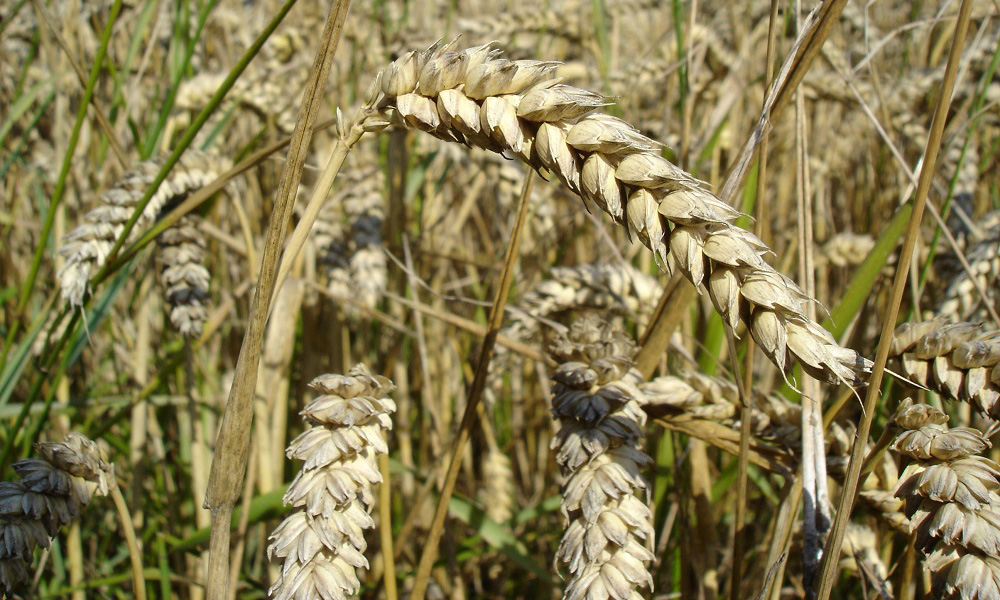Decline in wheat production due to wildlife
Kawasaki, 24 Feb: It has been almost five years since Femnarayan Poudel of Kawasoti-11 in East Navalparasi stopped cultivating wheat in his farm. Lately, he stopped cultivating wheat in his farm after the wild animals coming out of the nearby park, especially the rhinoceros, did not stop killing them before the crops were planted.
Like Paudel, most of the farmers in the central area of Chitwan National Park in East Nawalparasi have stopped cultivating wheat in the fields. Although the southern region of the district is considered suitable for wheat production in terms of soil and climate, there has been a decrease in wheat cultivation due to the fear of wild animals such as rhinoceros coming out of the park and surrounding areas.

Farmers who used to sell the wheat produced a few years ago for household purposes now have to depend on the market for wheat.Paudel says that the one-horned rhinoceros grazes without leaving anything when it finds a green wheat field without crops. “You can’t wait by making scaffolding in the field all the time, if you get green wheat, the rhinoceros will eat it all the way to the bottom, after that there will be no grass,” he said.
Rajesh Lamsal of Kawasoti-12 said that although there is a system for compensation if the wild animals that come out of the park destroy the crops, the farmers are killed due to the low compensation and complicated process. “Rhinoceros eat the crops planted with sorrow, the compensation is not received in time, the paiha also gets very little, until there is a reliable solution for wildlife, it is difficult to live by farming”, he said.
प्रकाशित मिति : १२ फाल्गुन २०७९, शुक्रबार १२:१५










